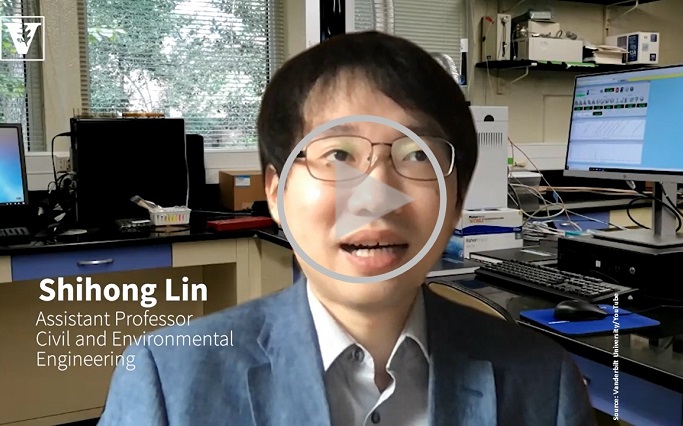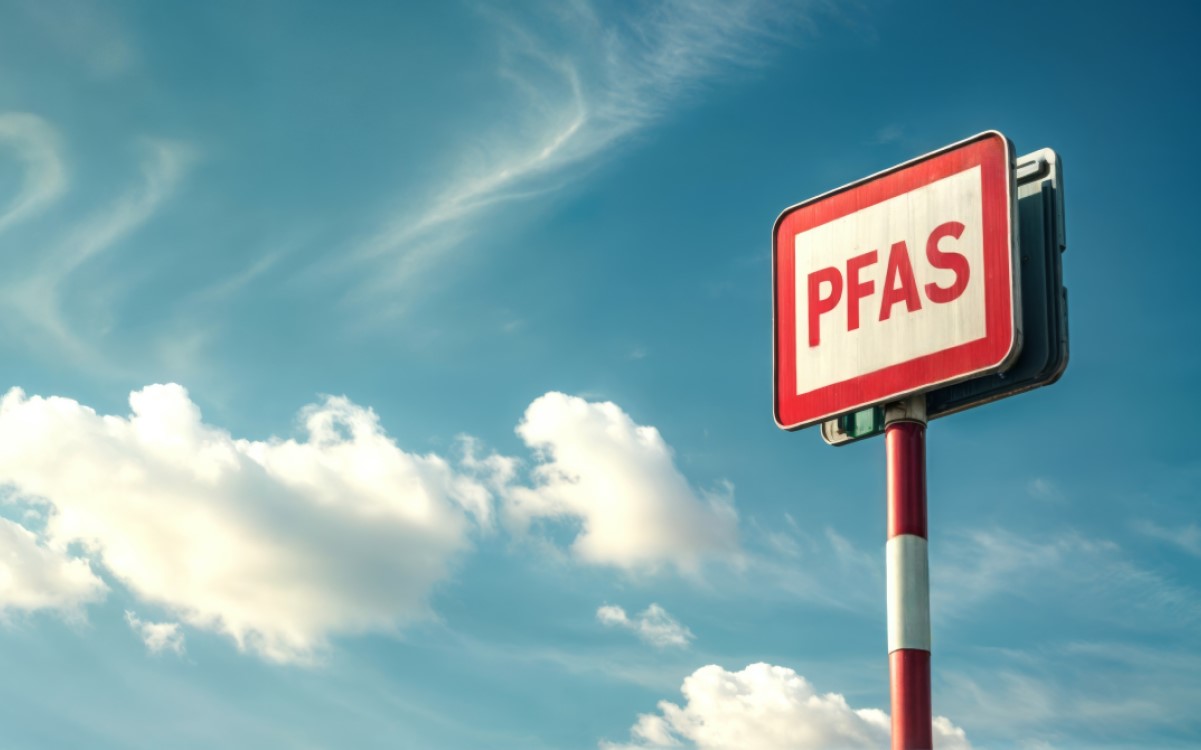Dr. Lin is an Assistant Professor in Civil and Environmental Engineering and Chemical and Biomolecular Engineering at Vanderbilt University in Nashville (US). He is an outstanding engineer and is regarded as an emerging leader in the field of water separation technologies. His innovative proposal is timely and poised to have a transformative impact on water treatment and desalination. The selection committee was delighted to have the opportunity to fund work that will make such a positive contribution to utility operations in the future.
On winning the award, Dr. Lin says, "I am honored and humbled to receive the 2020 Paul L. Busch Award, joining a cohort I have looked up to as role models throughout my career. Separation processes have always been critical to water and wastewater engineering, and I have been fortunate to work in this exciting field. I hope that advances in this new frontier of precise solute-solute separation will enhance our ability to engineer water quality and enable fit-for-purpose water and wastewater treatments that are more cost-effective, adaptable, and sustainable, as the need for solutions to address water scarcity grow in urgency."
Water separation technologies
At Vanderbilt, Dr. Lin combines both experimental and theoretical approaches to study a variety of water separation technologies, including membrane-based, electrochemical, and hybrid processes. The main research goals of his lab are to enhance fundamental understanding of various water separation technologies from molecular to system level and develop new processes and materials that lead to higher process efficiency, reliability, and versatility. The Paul L. Busch Award will enable Dr. Lin to achieve fit-for-purpose water treatment via selective ion and molecular separation using an innovative nanofiltration method called electro-regulated nanofiltration (e-NF). These advanced separation processes can help water utilities desalinate seawater and brackish water, purify contaminated groundwater, and reuse municipal and industrial wastewater. They also make possible the recovery of resources, such as nutrients from wastewater and valuable minerals from industrial wastewater.
Learn more about Dr. Lin in the video below.







